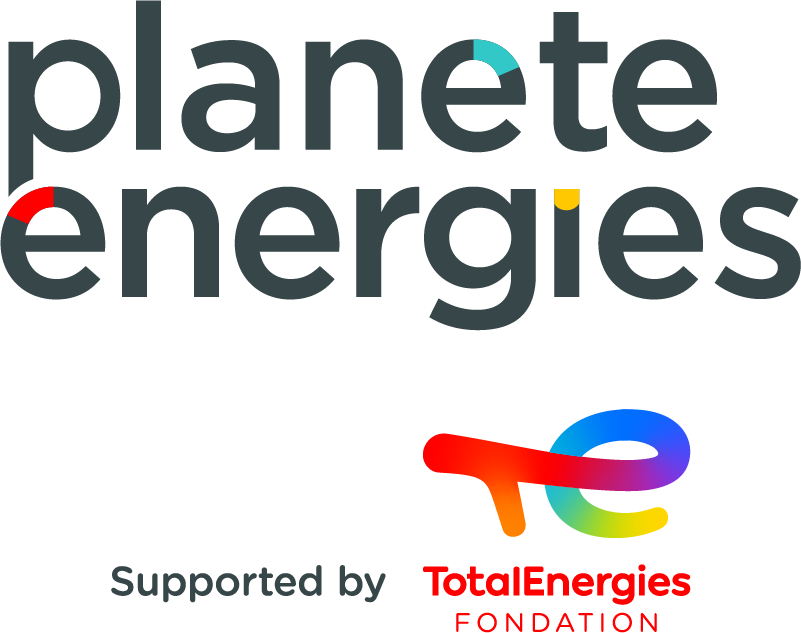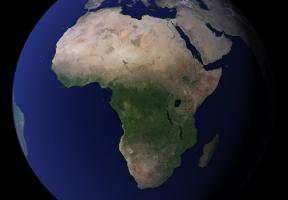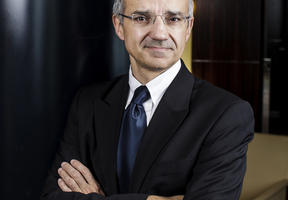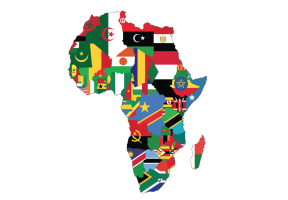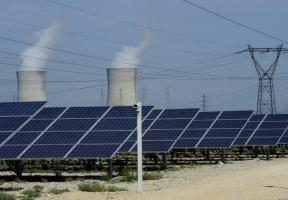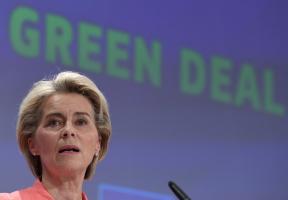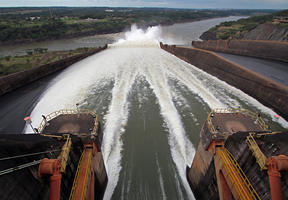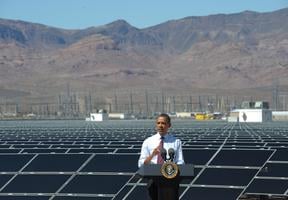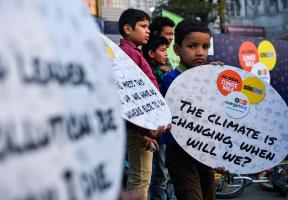Access to energy at the global level
10 min read
The world is facing a dual challenge: continue to meet energy demand to ensure ongoing development, and reduce CO2 emissions through responsible consumption, which saves energy and enhances .

©
Energy consumption is at the heart of many debates due to its association with . So what does it mean to be “responsible” in this area, and why is it so necessary?
Energy Consumption: Steadily Increasing
Energy consumption is the basis of all our activities worldwide, from food and healthcare to transportation, communications and housing. It has quadrupled since the 1950s, increasing by 50% since 2000 alone.
International climate experts at the reached an overwhelming consensus when they linked increasing energy consumption with the rising temperatures observed around the world, a consequence of the “greenhouse effect” caused by the emission of various gases. The main gas behind this effect is carbon dioxide (CO2), which is most notably produced when burning fossil fuels such as , oil and, to a lesser extent, gas. Over the past ten years, anthropogenic emissions (i.e., caused by human activity) have increased on average by 1.1% every year.
A Global, Individual and Collective Responsibility
The Paris Agreement on , a universal framework adopted in December 2015, states that it is the responsibility of national governments, local authorities, companies and civil society at large to contain and then reduce emissions. This means that “responsible” energy consumption is everyone’s business. As part of this responsibility, we must also ensure that our activities do not pollute the air (with particulates), the soil (with toxic substances) or water (with plastics, in particular).
Highly Unequal Access to Energy
It is estimated that 1.3 billion people – out of a global population of 7.7 billion – still do not have access to , and that 2.6 billion lack suitable fuel for cooking and heating. Improving their situation requires energy.
China and India, which have raised the standard of living of their largely rural populations, have huge energy needs. Today, China has become the world’s biggest consumer, surpassing the European Union in 2005 and the United States in around 2010. The country also emits the most CO2. Of course, it has a much larger population than other countries, too (1.4 billion). In theory, then, each Chinese citizen emits 7 metric tons of CO2 a year – the same as a European – while an American emits 16 metric tons. In contrast, an African emits on average just 1.1 metric tons.
Inequality is also apparent within developed countries, where some households have trouble paying their utility bills. This situation is known as “fuel poverty”.
Consume Less, More Efficiently
In order to reduce CO2 emissions, we need to achieve a more balanced by “transitioning” from fossil fuels to renewable energies. We also need to pursue two goals to reduce our “carbon footprint”: consume less and consume more efficiently. And no, these are not contradictory!
Consume Less. For individuals, the main way to consume less is to avoid waste. It is estimated that each European throws away 173 kilograms of food every year. Having too many devices or replacing them too frequently is also an issue that could be addressed. Some experts even advocate an overall process of economic “degrowth”, but this is in conflict with the aspirations of consumers from less developed countries.
Consume More Efficiently. In the 1950s, an average car would often use 10 liters of gasoline to travel 100 kilometers. Today, this has been reduced to 4 liters and could be further cut to just 1 liter for more lightweight models. Improvements have been made to vehicles in terms of engine performance, aerodynamics and weight, all in view of “energy efficiency”. An increasing focus is also being placed on enhancing the manufacturing process of various device components, as well as assembly and end-of-life , in an effort to shift toward a “circular economy”. Individuals can do their part in this virtuous cycle by being mindful of how they use their devices and the impact this can have on consumption.
